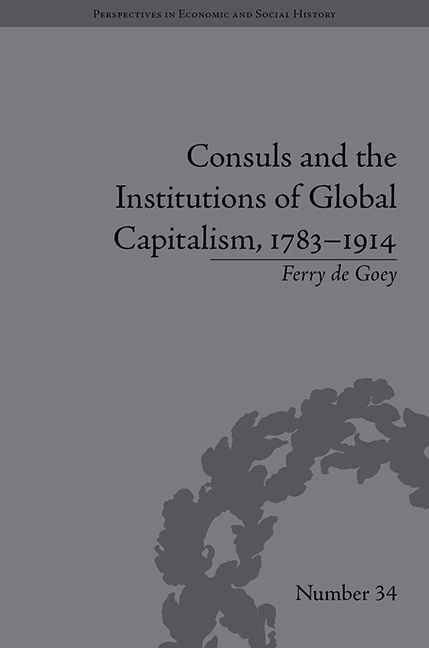1 - The History of the Consular Institution
Summary
This chapter traces the history of consuls in Europe. Before the nineteenth century, a major change in the consular institution occurred in Europe after extraterritoriality was limited. While consuls were previously elected by their fellow traders, after about 1650 rulers increasingly claimed the right to appoint consuls, although advice from traders was still sought. Consuls in Europe in addition lost their political and judicial powers, keeping only their economic duties. In the nineteenth century, further changes occurred when European governments modernized their consular services. They introduced examinations to select candidates, provided some basic training and merchant-consuls were gradually replaced by salaried consuls. The goal of the modernization was to make the consular service a more professional instrument of government policy.
Consuls before the Nineteenth Century
The origins of consuls or representatives with similar duties are hard to determine, because they are found in many parts of the world where groups of foreign merchants temporarily resided to trade. These traders, as J. Zourek reminds us, enjoyed extraterritoriality, making it possible to choose a representative. Apparently, the Egyptians in the thirteenth century bce offered foreign merchants protection and allowed them to worship their own gods. King Amasis (579 bce–526 bce) tempted Greek merchants to settle in the port of Naucratis (Nile Delta) by offering them the right to be judged by their own magistrates and according to their own laws and customs.
- Type
- Chapter
- Information
- Publisher: Pickering & ChattoFirst published in: 2014

